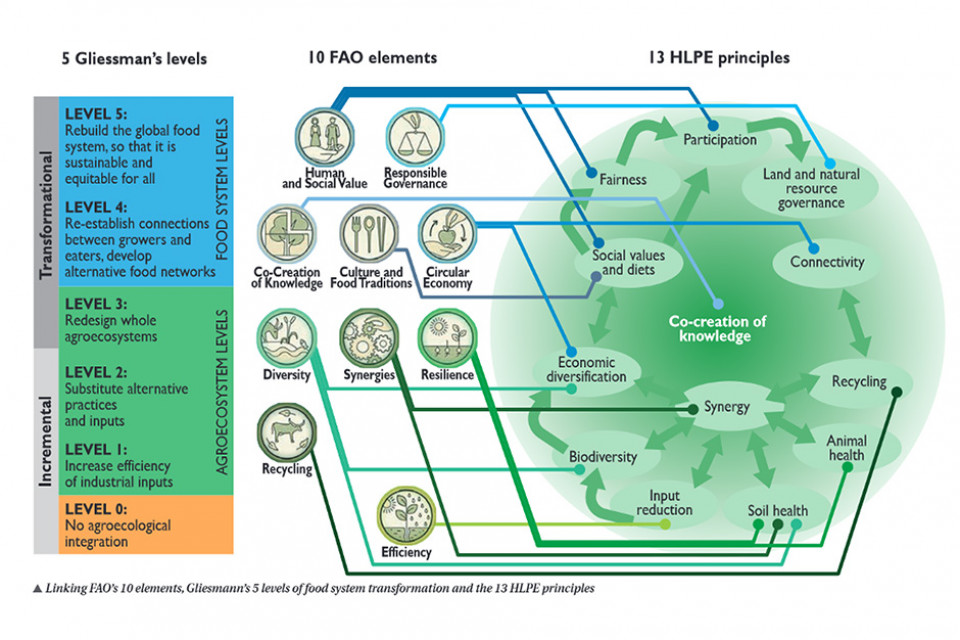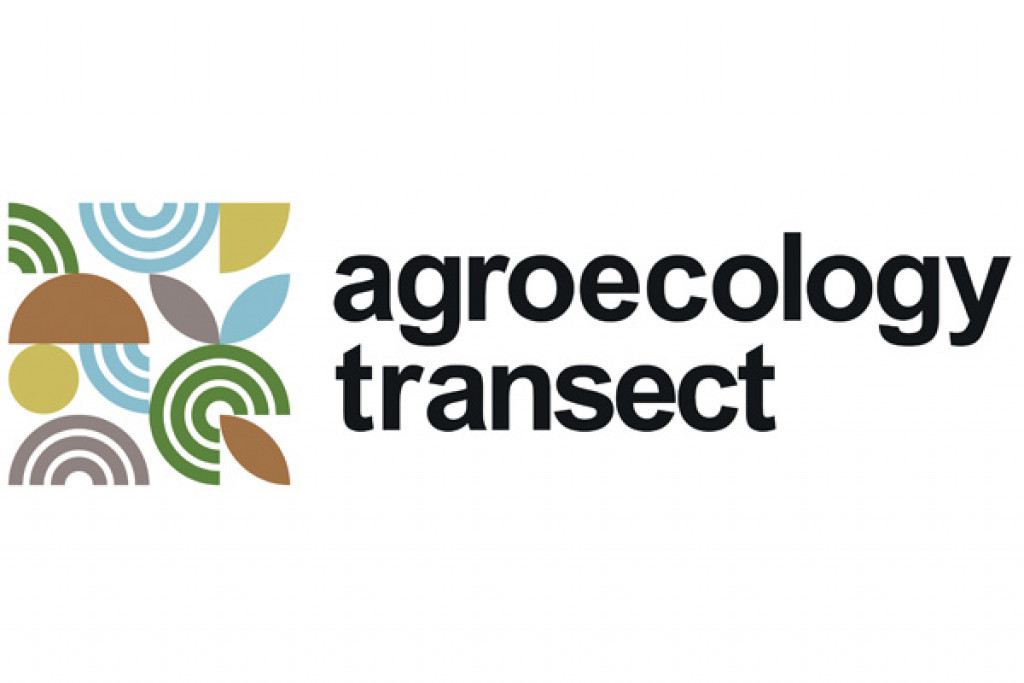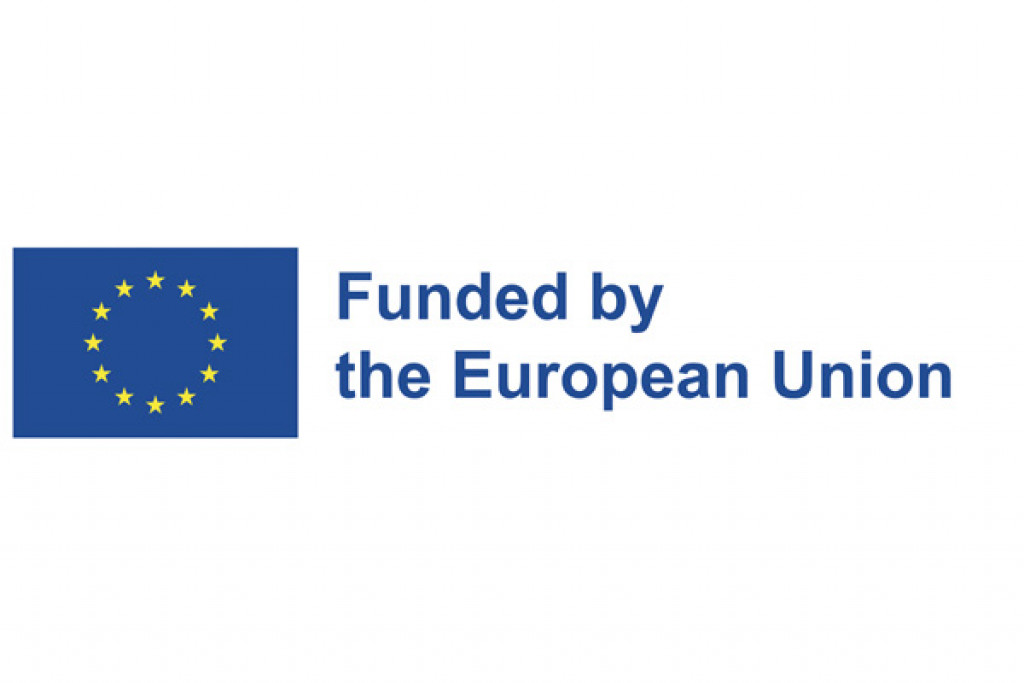A project for European agriculture in line with global issues
Limit Global warming is unfortunately one of the most well-known global issue of the 21st century. Scientists around the world are now unanimous, human activity is impacting our climate. According to the IPCC international panel of experts, greenhouse gas emissions for the period 2010-2019 have never reached such high levels in the history of humanity. It is, therefore, necessary to undertake short-term, global and ambitious actions if we want to limit global warming below 2°C (IPCC). It’s in this context that the European Green Deal aims to make our continent the first climate neutral continent, by 2050 (European Commission, 2023).
Global warming is not the only challenge. Biodiversity has never declined so rapidly in the history of humanity. The entire biosphere, on which our survival depends, has been affected. This damning assessment comes from the latest expert report of the Intergovernmental Platform on Biodiversity and Ecosystem Services (IPBES, 2019). The Farm to Fork strategy, part of the Green Deal, aims to reverse the negative effects of the agricultural sector on biodiversity. This strategy aims to reduce the use of pesticides by 50% and synthetic fertilizers by 20% by 2030. At the same time, it aims to increase the share of farms using organic farming to 25% over the same period (European Commission, 2023).
But these global challenges, linked to agriculture, can’t be taken apart from the socio-economic reality of the agricultural sector. In the European Union the average family farm income was 60% lower than all other economic sectors combined in 2014. Overall, farm work is no longer attractive to many young people. In the European Union in 2013, 31% of farms were managed by farmers older than 65 (European Commission, 2017).
Contribute to the agroecology development in Europe
Agroecology-TRANSECT is a 4-year project funded by the European Commission under the Horizon Europe programme. This project has a triple focus on the challenges mentioned above: climate change, biodiversity and socio-economic resilience of farms. It highlights agroecology as a response to these major challenges and aims to produce robust evidence of its benefits. To define agroecology, the project is based on frameworks offered by previous projects such as the 10 elements of agroecology constructed by the FAO, the 13 principles of agroecology developed by the HLPE (High Level Panel of Experts on Food Security and Nutrition) or the 5 levels of Gliesmann (see figure 1).

Project structure
7 interconnected Work Packages (WP) aim for different objectives of the project:
- WP1: Project management
- WP2: Towards an improved understanding of agroecology in the European context - Analysing agroecology benefits for climate change mitigation, resilient agriculture and biodiversity, while accounting for its ecological, social and political dimensions
- WP3: Unfolding the local potential of agroecology through action-oriented research in interaction with our network of 11 innovation hubs
- WP4: Develop a multi-criteria evaluation to objectify the potential of agroecological approaches
- WP5: Characterisation and scaling out of dynamic agroecological systems at European level - determinants of adoption
- WP6: Upscaling agroecology solutions through market and policy support to fulfil SDGs and the Green Deal
- WP7: Accelerating the transition toward agroecology through increased knowledge of all relevant stakeholders - communicating and disseminating results for impact
11 Innovation Hubs throughout Europe for action-oriented research
For four years, 11 Innovation Hubs, which are pre-existing agroecological initiatives, are the core of the project. They represent the diversity of European agricultural systems and bioclimatic zones. They include multiple systems such as mixed farming-livestock, annual crops, grassland, perennial crops and market gardening, evolving in wetlands, plains or even mountainous areas. These multi-stakeholder Innovation Hubs are in a co-innovation dynamic with the ambition to learn from local actors, to bring out new ideas and to demonstrate the potential of agroecology for agriculture and environment.
A Belgian Innovation Hub focused on reducing soil tillage in organic systems
One of the Innovation Hub is located in Wallonia. Animated by the CRA-W and the non-profit organization Greenotec. This hub consists of a network of farmers aiming to reduce soil tillage (including ploughing) in organic crop systems. It involves the search for systemic solutions adapted to the specific situations of each farmer. To this end, a network of on farm experimental plots is followed. It allows to test innovative sets of agricultural practices which are co-constructed with the actors.
The CRA-W coordinates the development and implementation of multi-criteria approaches to objectify the potential of agroecology
To do this, the research centre is working on the characterization of the 11 Innovation Hubs, in particular by conducting interviews with their various actors. This essential step of the project allows to better understand these different initiatives. But also, to lay the groundwork for the realization, by another partner of the project, of a multicriteria analysis tool to evaluate the agroecological performances of these Innovation Hubs.
This tool will then be implemented within these different hubs. On the other hand, the CRA-W try to identify the conditions supporting the development of agroecological dynamics. To this end, the research centre coordinates the characterization of more than 100 agroecological dynamics spread throughout Europe. This approach should make it possible to construct a typology of these dynamics in Europe and to identify the factors of success or failure.











